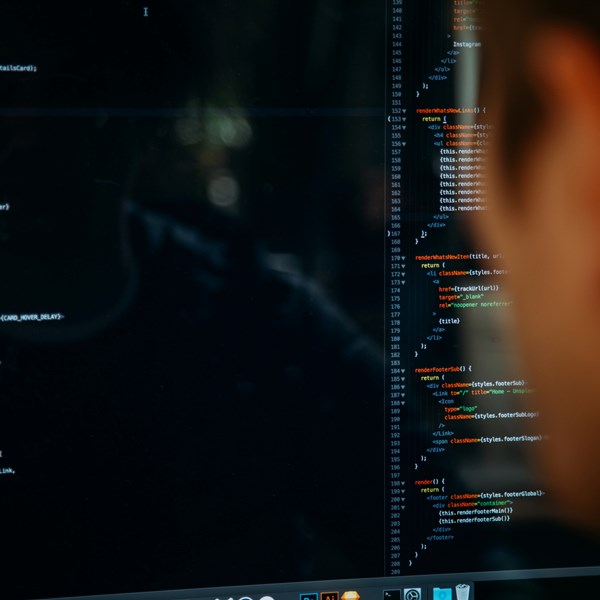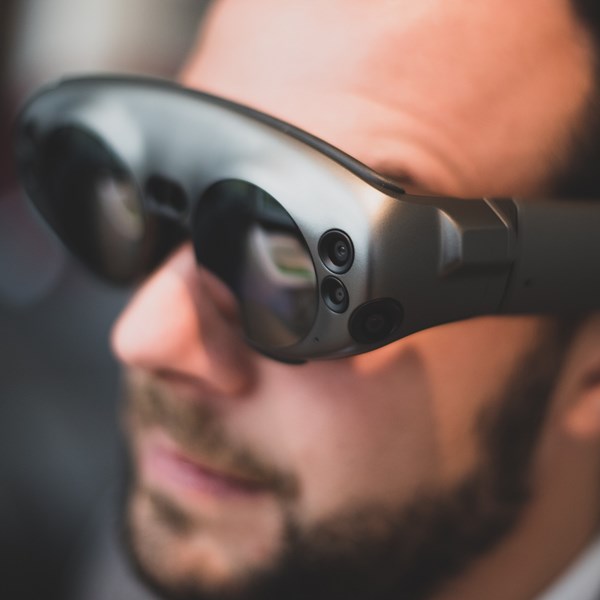Today, with hardware performance improving and cost falling, more and more entertainment services are moving online or becoming more accessible.
Video streaming in particular is a huge growth area. Gaming applications and voice assistants are dependent on reliable broadband services and cloud computing, and the increased availability of online data processing and the promise of lower latency and higher bandwidth 5G services will likely open up a world of entertainment options all powered by software.
There also continues to be enormous interest in the field of virtual and augmented reality.
In this field alone there are a wide range of software applications that are technical and, therefore, likely to be patentable. For example, efficient video and audio encoding algorithms will be vital in delivering the high resolution 360-degree imagery. However, there are also opportunities for software developers in terms of how these new services can be used and how they can be commercialised.
If a user is in a VR environment, what can be done to make interacting with the real-world easier?
If you are attending a VR based board meeting, how do you make presenting to others easier or even better than a real-world meeting?
It is important to remember that even when working with the hardware of others, such as VR headsets, AR glasses, voice assistants or 3-D cameras, your software can still be making a technical contribution (and therefore be patent eligible).
You may be able to identify a use-case for the hardware that is underdeveloped. By considering how a person may use the known hardware to perform a task and then writing software to improve it, a patentable software-based invention may be born.
If you are developing software for the entertainment or communications sector and would like to discuss how best to maximise its commercial value with one of the software specialists in our dedicated electronics and communications team, please contact us today.














